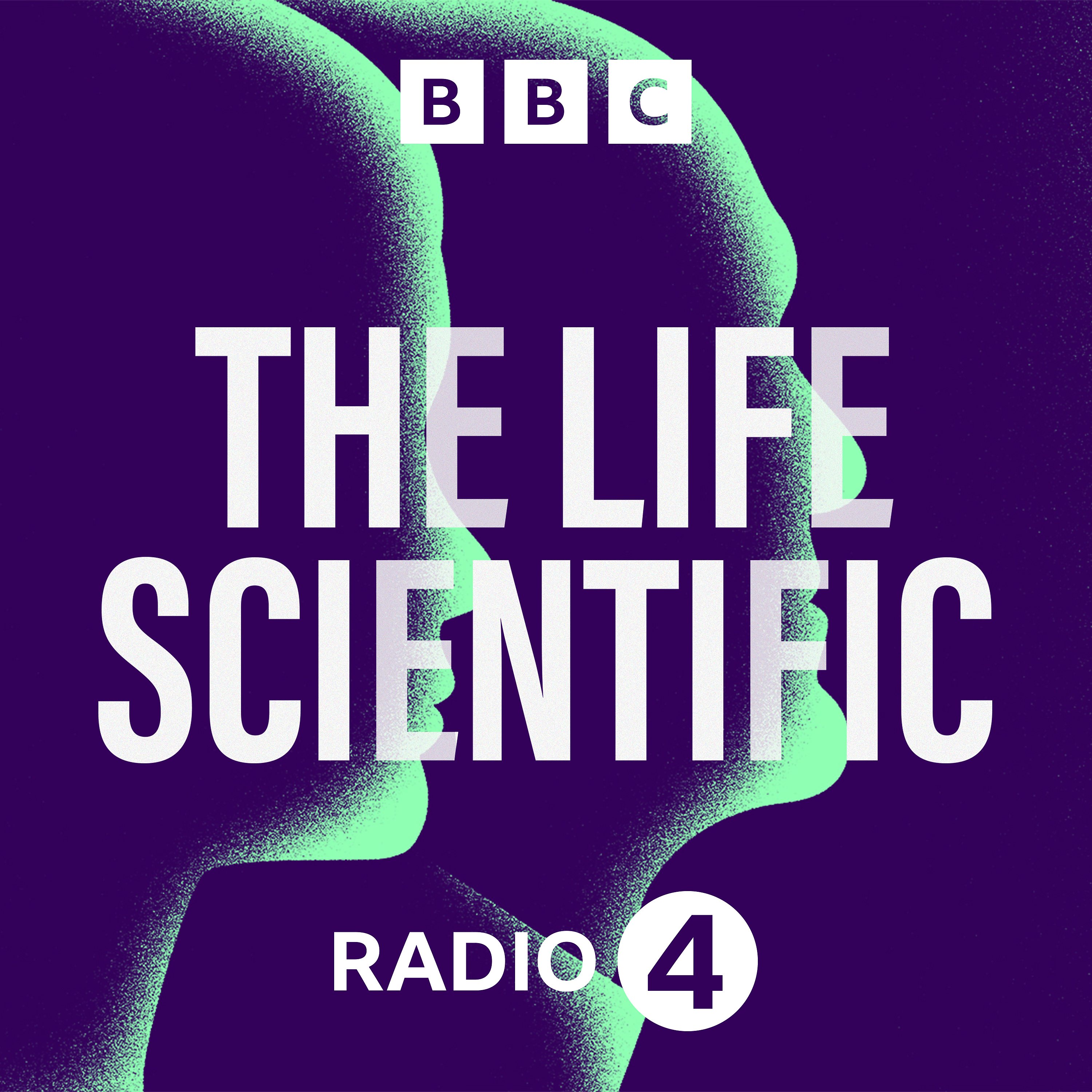Vlatko Vedral on the universe as quantum information
Description
Vlatko Vedral describes himself as a quantum information practitioner, who believes that our universe is made up of quantum bits of information.
It is information, he tells Professor Jim Al-Khalili, rather than energy or matter, the traditional building blocks of classical Newtonian physics, that can help us to understand the nature of reality.
Vlatko is Professor of Quantum Information Science at the University of Oxford and the Principal Investigator at the Centre for Quantum Technologies at the National University of Singapore and he talks to Jim in front of an audience at the Cheltenham Science Festival.
At high school in Belgrade, in what was then Yugoslavia, young Vlatko was bowled over by the idea that you could take the micro-laws of quantum mechanics, and apply them to the complex systems of the macro world.
This drive to see the big picture, was fuelled when, as an undergraduate at Imperial College, London, he saw three words – “Information is physical” – the title of a paper by the IBM physicist, Rolf Landauer.
It was a light-bulb moment for Vlatko, who realised that the kind of information processing that the universe is capable of, depends on the underlying laws of physics.
This revelation led to Vlatko’s incarnation as a self-confessed “physics fundamentalist” who unashamedly crowns physics the Queen and other disciplines, her servants. It is physics alone, he tells Jim, which can answer the fundamental questions of the universe and discover the ultimate reality.
His PhD in 1997 at Imperial College, London, applied quantum mechanics, including super-positioning and entanglement (which Einstein famously called “spooky action at a distance”), to Claude Shannon’s Information theory, making Vlatko one of the pioneers in the field of quantum information.
As new quantum computers come on stream, he tells Jim, quantum information practitioners, like him, will have the capacity to simulate complex systems in the macroscopic domain.
Producer: Fiona Hill
More Episodes
What is the universe made of? Where does space dust come from?
And how exactly might one go about putting on a one-man-show about Sir Isaac Newton?
These are all questions that Mike Edmunds, Emeritus Professor of Astrophysics at Cardiff University and President of the Royal Astronomical Society...
Published 04/23/24
Published 04/23/24
With 86 billion nerve cells joined together in a network of 100 trillion connections, the human brain is the most complex system in the known universe.
Dr. Hannah Critchlow is an internationally acclaimed neuroscientist who has spent her career demystifying and explaining the brain to audiences...
Published 04/16/24


